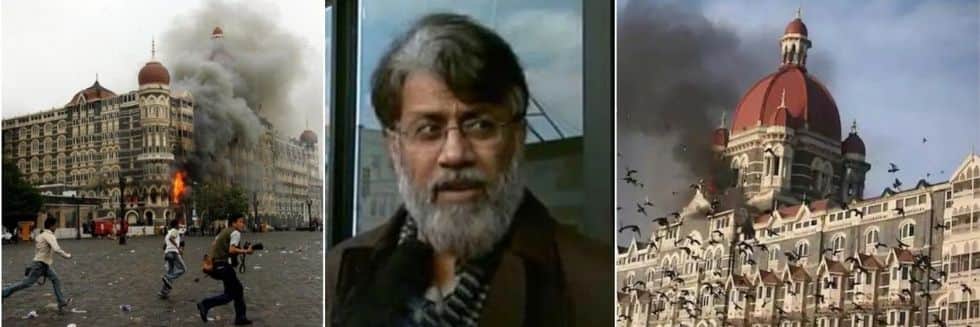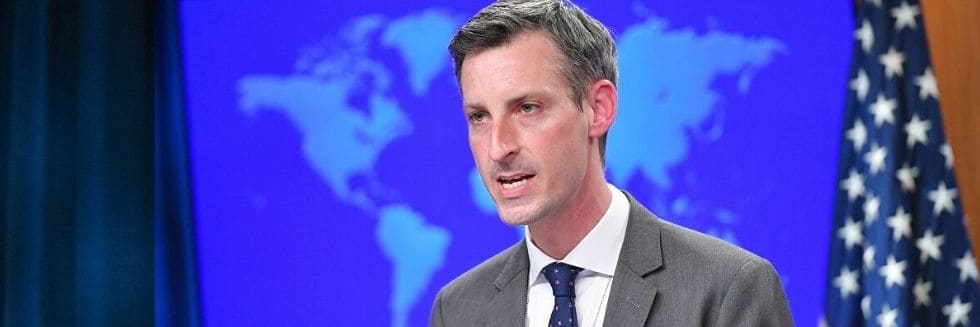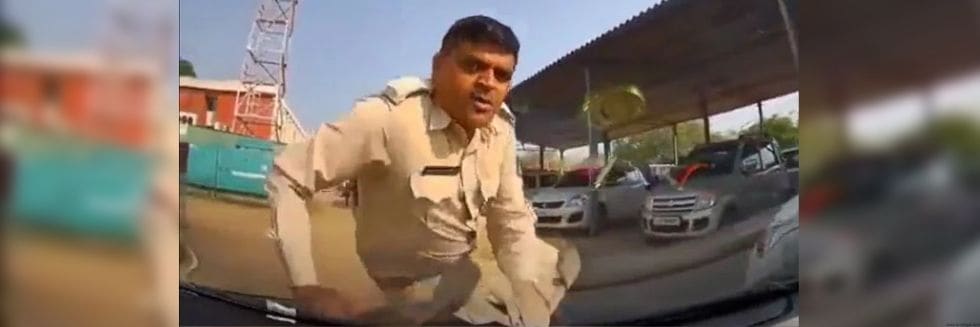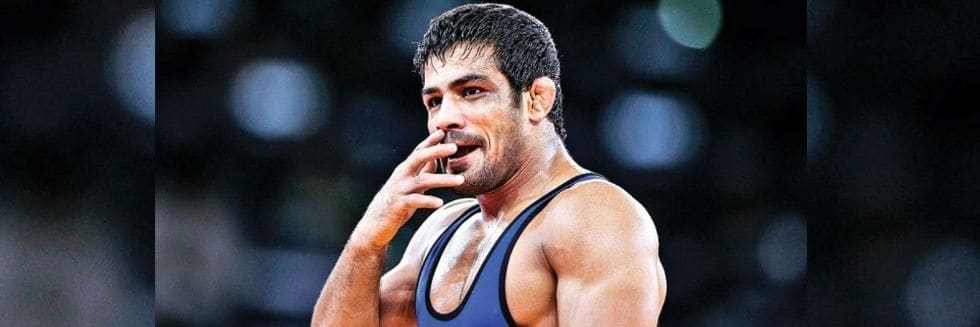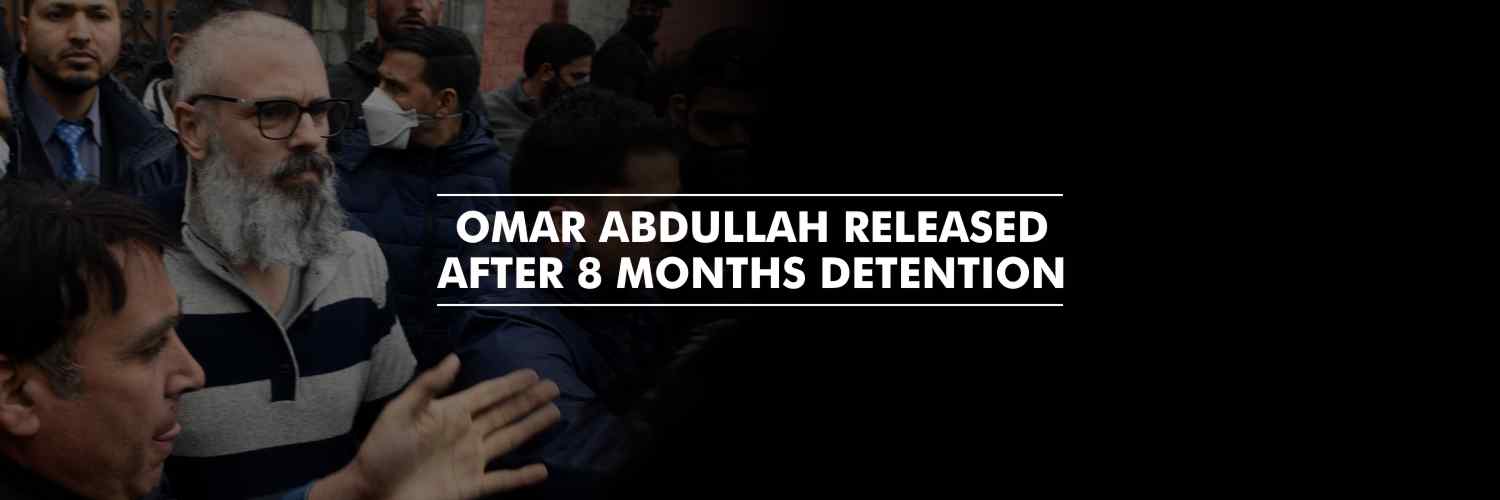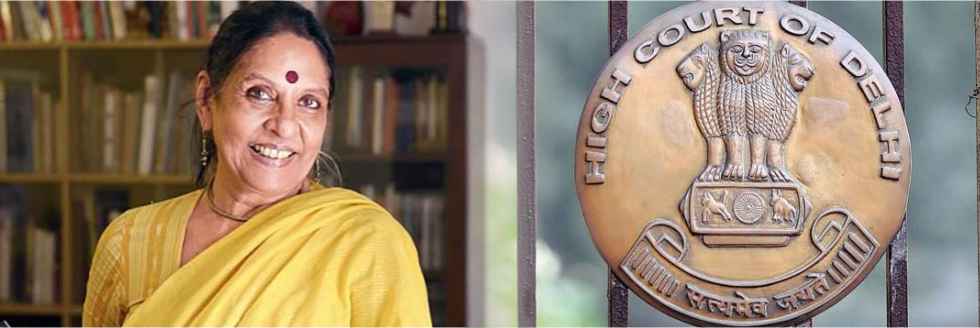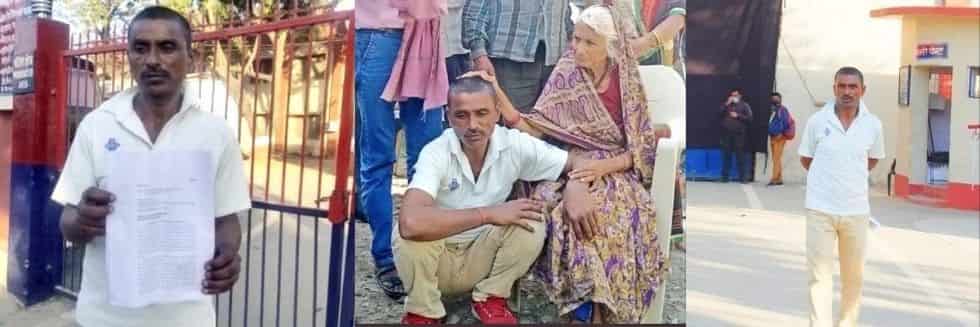The Biden administration has urged a federal court to certify India’s request to extradite Pakistani-origin Canadian businessman Tahawwur Rana, who is sought for his involvement in the 2008 Mumbai terror attack.
Assistant U.S. Attorney John J. Lulejian, in his submission before a federal U.S. court in Los Angeles, said Rana, 59, meets all the criteria to be extradited to India for his trial in the Mumbai terrorist attack.
“Fugitive Tahawwur Hussain Rana is wanted in India to stand trial for offenses related to his role in the 2008 terrorist attacks in Mumbai, India, that resulted in the death of 166 people, the injury of 239 people, and the damage to property in excess of $1.5 billion,” Lulejian said.
Rana, a childhood friend of David Coleman Headley, was re-arrested in Los Angeles on an extradition request by India for his involvement in the Mumbai terror attack. However, on February 4, Rana’s attorney had opposed his extradition.
Rana’s attorney had argued that Rana’s extradition is barred under Article 6 of the United States-India extradition treaty because he had previously been acquitted of the offenses for which his extradition is sought, and under Article 9 of the treaty because the government has not established probable cause to believe that Rana committed the alleged offenses.
Meanwhile, U.S. District Court Judge in Los Angeles Jacqueline Chooljian has scheduled the extradition hearing for April 22.
“The United States respectfully requests that following the 22 April 2021, extradition hearing, the Court certify India’s request for Rana’s extradition for the Secretary of State’s surrender decision,” Mr. Lulejian said.
As per the India-U.S. Extradition Treaty, the Indian government has requested the formal extradition of Rana, and the United States has initiated this extradition proceeding.
Lulejian said the criteria warranting certification of extradition are satisfied in this case.
These are: the court has both personal and subject matter jurisdiction, there is an extradition treaty between the United States and India that is in full force and effect, and the crimes for which Rana’s extradition is sought are covered by the terms of the treaty.
India’s extradition request contains evidence to establish probable cause that the individual appearing in court is the fugitive who committed the offense for which extradition is requested, Mr. Lulejian argued.
Mr. Lulejian said that the court should find that Rana’s extradition is not barred under Article 6 of the India-US Extradition Treaty. Although there is ample evidence that Rana aided and abetted the Mumbai attack, he claims that he should not be extradited because probable cause is lacking. Rana’s claim is based on an improper attempt to attack the credibility of a key witness against him.
Rana also does not contest that he is the person who India alleges committed the charged crimes. Instead, he challenges only whether Article 6 of the treaty bars his extradition and whether probable cause exists to believe that he committed the offenses for which India requests his extradition, the Assistant US Attorney said.
